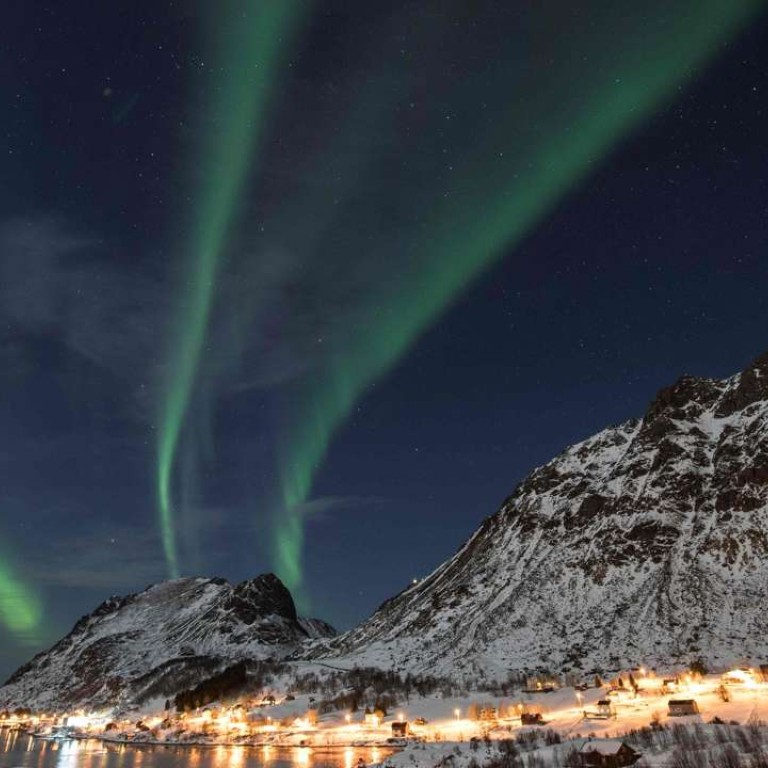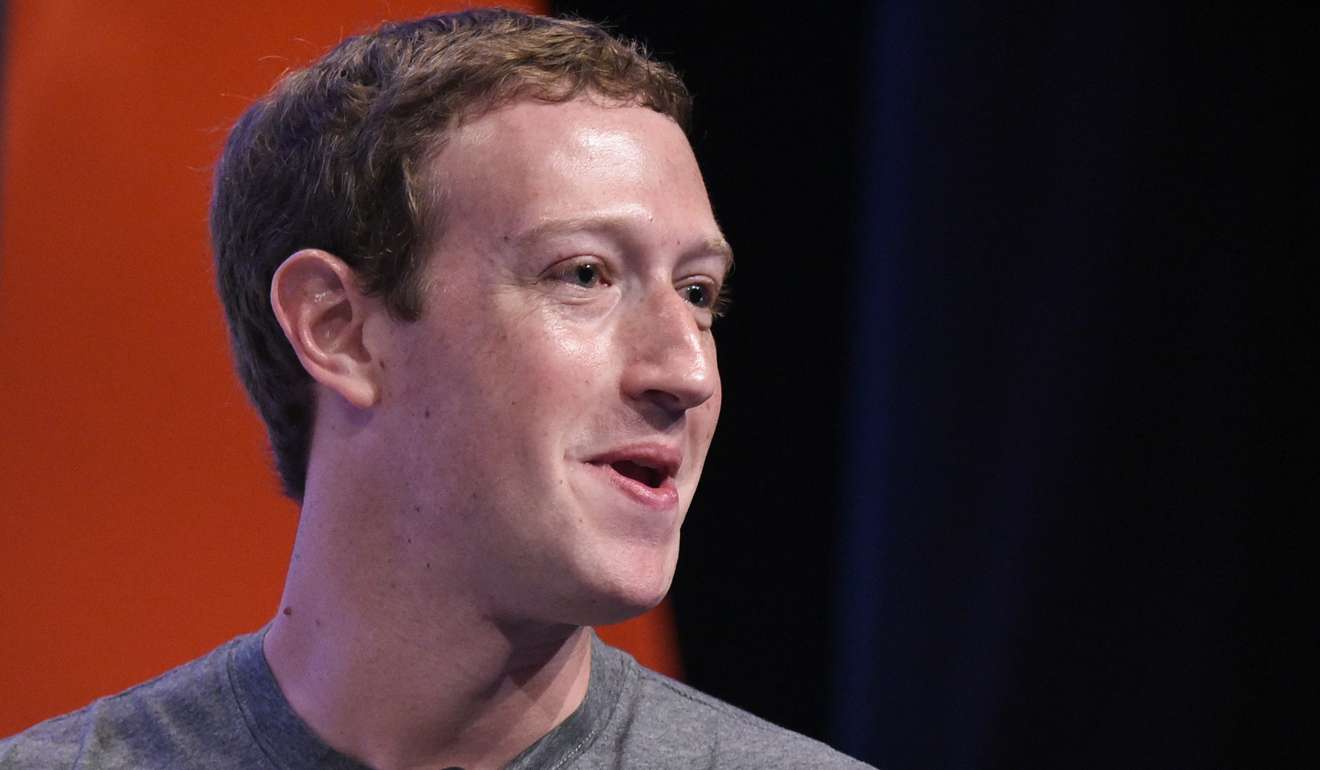
Money can’t buy you happiness
Some coincidences are simply too delicious not to savour. Last week offered a marvellous example. Within days of the United Nations releasing its world happiness report, both Forbes and the Hurun Report unveiled their annual updates on the world’s billionaires.
All of these reports in their own right provide fascinating insights into economies worldwide, but together a striking message hits home: there is a remarkable disconnect between the countries that provide home for most billionaires, and the world’s happiest nations.
First, the happiest countries are an odd bunch. Norway, Denmark and Iceland lead the pack, with Finland and Sweden also in the top 10. Quite how the people of these dark, cold north European nations can so enjoy their dark, long winters and the permanent need to swaddle themselves in six layers of clothing completely bamboozles me.
There is a remarkable disconnect between the countries that provide home for most billionaires, and the world’s happiest nations
Maybe the UN’s methodology contributes to their weird selection, with six criteria being used to compute the self-evaluated sense of happiness – income, healthy life expectancy, having someone to count on in times of trouble, generosity, freedom and trust.
The result is that seven of the top 10 happy nations are in Europe (Netherlands and Switzerland follow closely behind our happy Scandinavians), and the other three are our Anglo-Saxon colonials – Canada, New Zealand and Australia. Still, these rankings puzzle me, even as I confess my bias against the six month freezing permadark of Scandinavia. Why not Bhutan, the original home of gross national happiness as a replacement for GNP – which ranks a miserable 97 – or flamboyant Caribbean Jamaica which at 76 ranks close to grumpy Hong Kong (71st). Why not wine-loving Italy at 48th, or the self-satisfied Singaporeans at 26th?
But cross-check the world’s happy communities against the countries with the largest numbers of billionaires, and the lack of overlap is striking. Just one of the happy guys sits in the top 10 nodes of affluence – Switzerland, which with 77 billionaires ranks sixth. Happy Norway boasts just six billionaires, and Iceland has not a single one. Finland has just four, and New Zealand only one. Perhaps having fewer billionaires around leaves communities less to feel jealous about.
While per capita incomes have jumped five-fold between 1990 and 2015, Chinese people still rank a somber 79th in the world happiness rankings
Close to home, the ascent of China to be home to the world’s largest community of billionaires, with 609 compared to 552 in the US, seems to have coincided with a sharp decline in national happiness.
While per capita incomes have jumped five-fold between 1990 and 2015, Chinese people still rank a somber 79th in the world happiness rankings – even grumpier than Hong Kong, which has seen wage stagnation and conspicuously floundering government leadership over the past two decades.
In a special chapter devoted to China’s declining happiness, the report notes that in 1990, despite relative poverty at the time, Chinese people found comfort in life-time job security, subsidised housing and food, assurances of lifetime health care and childcare, and guaranteed pensions. Today, even though nine out of 10 Chinese own a computer, one in five own a car, and Beijing, with 94 billionaires has become “the billionaire capital of the world”, the population at large have suffered a loss of job security as state-owned enterprises shed millions of jobs through the 1990s, pushing millions of people into lower-benefit private sector jobs. People perceive fast-rising prices, in particular for housing, soaring health care costs, and increasingly conspicuous inequality.

Hurun commented complacently that “it has been generally another good year for the billionaires of the world”, without seeming in any way to notice the lack of coincidence between the concentrations of billionaires and the concentrations of happiness.
An obvious point is that once people scramble away from the awful challenges of extreme poverty, peoples’ general state of contentment correlates less and less clearly with higher incomes. The material wealth gathered around families as they get richer seems to provide them with scant emotional comfort.
This seems true in the extreme here in Hong Kong, which Hurun says has, alongside Shenzhen, the highest concentration of wealth in the world. If you take the UN’s criteria underpinning social contentment – good income, healthy life expectancy, having someone to count on in times of trouble, generosity, freedom and trust – then the extreme state of Hong Kong’s discontent initially seems hard to explain. We are relatively affluent. We have the world’s highest life expectancy. Strong, close families mean that individuals can normally count on family and friends in times of trouble.
But then the challenges begin to appear. Generosity in society seems to be in short supply, and trust across the community has been sabotaged by increasingly extreme inequality and severe demoralisation over soaring property prices as family incomes have stagnated. Most obviously, anxieties over the embrace of Beijing since 1997 have seriously undermined the population’s sense of freedom. These anxieties seem unlikely to have fallen over the course of the election campaign for our future chief executive.
As our newly elected chief executive begins to build our future executive team, and to put flesh on a manifesto for the coming five years, the thoughts embedded in the UN’s world happiness report perhaps deserve some serious attention – not just in the chief executive’s new team, but in Beijing’s liaison office. Perhaps gross national happiness has more going for it than we thought – both here and in Beijing.
David Dodwell researches and writes about global, regional and Hong Kong challenges from a Hong Kong point of view

